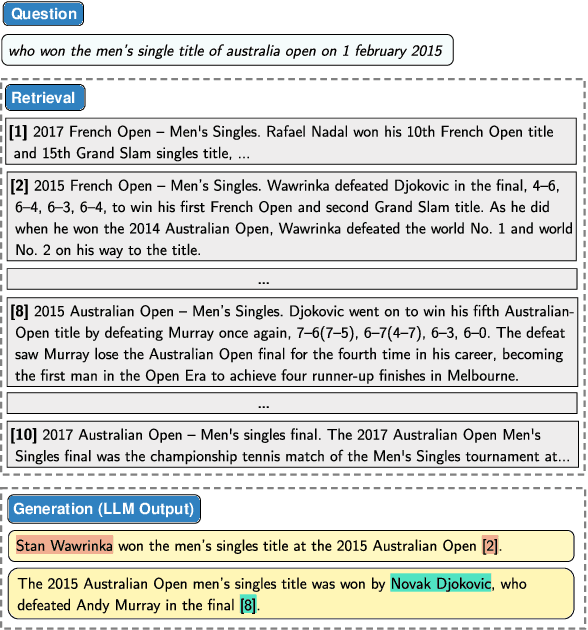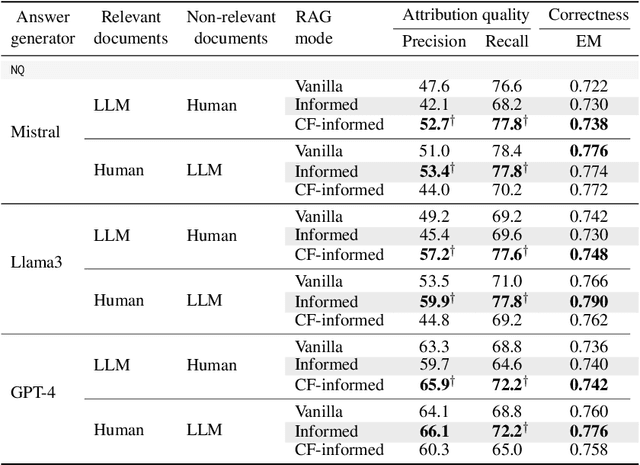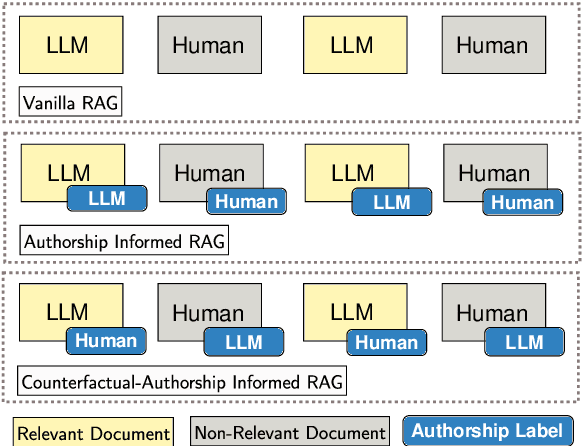Seyyed Hadi Hashemi
Meeting SLOs, Slashing Hours: Automated Enterprise LLM Optimization with OptiKIT
Jan 28, 2026Abstract:Enterprise LLM deployment faces a critical scalability challenge: organizations must optimize models systematically to scale AI initiatives within constrained compute budgets, yet the specialized expertise required for manual optimization remains a niche and scarce skillset. This challenge is particularly evident in managing GPU utilization across heterogeneous infrastructure while enabling teams with diverse workloads and limited LLM optimization experience to deploy models efficiently. We present OptiKIT, a distributed LLM optimization framework that democratizes model compression and tuning by automating complex optimization workflows for non-expert teams. OptiKIT provides dynamic resource allocation, staged pipeline execution with automatic cleanup, and seamless enterprise integration. In production, it delivers more than 2x GPU throughput improvement while empowering application teams to achieve consistent performance improvements without deep LLM optimization expertise. We share both the platform design and key engineering insights into resource allocation algorithms, pipeline orchestration, and integration patterns that enable large-scale, production-grade democratization of model optimization. Finally, we open-source the system to enable external contributions and broader reproducibility.
Unilogit: Robust Machine Unlearning for LLMs Using Uniform-Target Self-Distillation
May 09, 2025



Abstract:This paper introduces Unilogit, a novel self-distillation method for machine unlearning in Large Language Models. Unilogit addresses the challenge of selectively forgetting specific information while maintaining overall model utility, a critical task in compliance with data privacy regulations like GDPR. Unlike prior methods that rely on static hyperparameters or starting model outputs, Unilogit dynamically adjusts target logits to achieve a uniform probability for the target token, leveraging the current model's outputs for more accurate self-distillation targets. This approach not only eliminates the need for additional hyperparameters but also enhances the model's ability to approximate the golden targets. Extensive experiments on public benchmarks and an in-house e-commerce dataset demonstrate Unilogit's superior performance in balancing forget and retain objectives, outperforming state-of-the-art methods such as NPO and UnDIAL. Our analysis further reveals Unilogit's robustness across various scenarios, highlighting its practical applicability and effectiveness in achieving efficacious machine unlearning.
ClusComp: A Simple Paradigm for Model Compression and Efficient Finetuning
Mar 17, 2025



Abstract:As large language models (LLMs) scale, model compression is crucial for edge deployment and accessibility. Weight-only quantization reduces model size but suffers from performance degradation at lower bit widths. Moreover, standard finetuning is incompatible with quantized models, and alternative methods often fall short of full finetuning. In this paper, we propose ClusComp, a simple yet effective compression paradigm that clusters weight matrices into codebooks and finetunes them block-by-block. ClusComp (1) achieves superior performance in 2-4 bit quantization, (2) pushes compression to 1-bit while outperforming ultra-low-bit methods with minimal finetuning, and (3) enables efficient finetuning, even surpassing existing quantization-based approaches and rivaling full FP16 finetuning. Notably, ClusComp supports compression and finetuning of 70B LLMs on a single A6000-48GB GPU.
Evaluation of Attribution Bias in Retrieval-Augmented Large Language Models
Oct 16, 2024



Abstract:Attributing answers to source documents is an approach used to enhance the verifiability of a model's output in retrieval augmented generation (RAG). Prior work has mainly focused on improving and evaluating the attribution quality of large language models (LLMs) in RAG, but this may come at the expense of inducing biases in the attribution of answers. We define and examine two aspects in the evaluation of LLMs in RAG pipelines, namely attribution sensitivity and bias with respect to authorship information. We explicitly inform an LLM about the authors of source documents, instruct it to attribute its answers, and analyze (i) how sensitive the LLM's output is to the author of source documents, and (ii) whether the LLM exhibits a bias towards human-written or AI-generated source documents. We design an experimental setup in which we use counterfactual evaluation to study three LLMs in terms of their attribution sensitivity and bias in RAG pipelines. Our results show that adding authorship information to source documents can significantly change the attribution quality of LLMs by 3% to 18%. Moreover, we show that LLMs can have an attribution bias towards explicit human authorship, which can serve as a competing hypothesis for findings of prior work that shows that LLM-generated content may be preferred over human-written contents. Our findings indicate that metadata of source documents can influence LLMs' trust, and how they attribute their answers. Furthermore, our research highlights attribution bias and sensitivity as a novel aspect of brittleness in LLMs.
 Add to Chrome
Add to Chrome Add to Firefox
Add to Firefox Add to Edge
Add to Edge